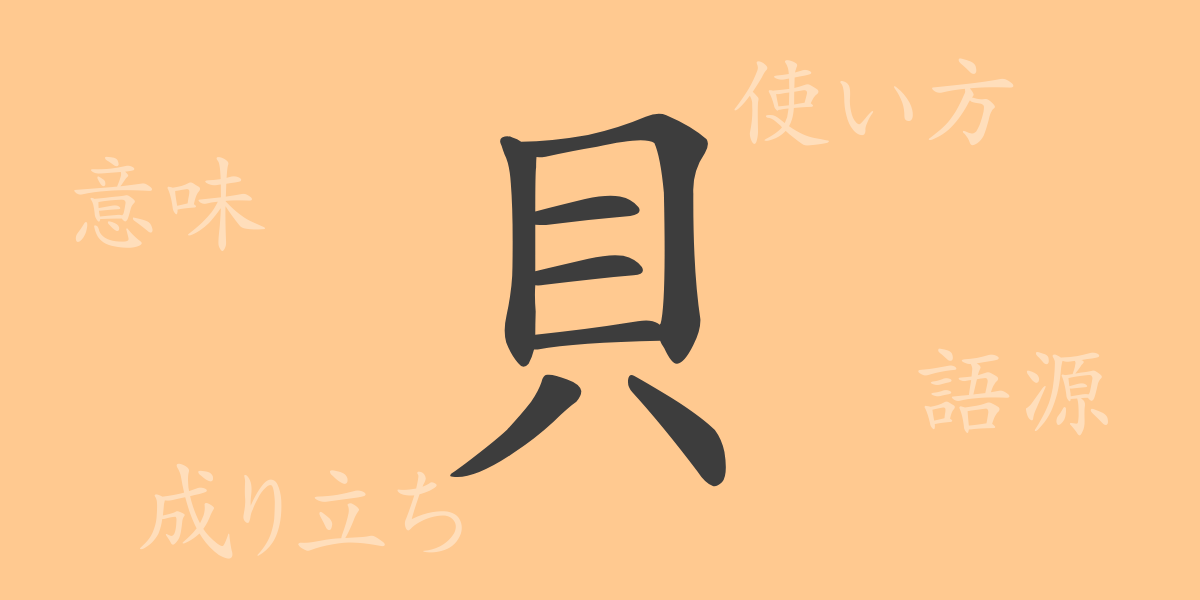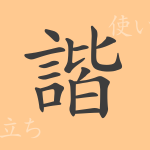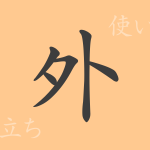Often referred to as the “jewels of the sea,” shells (貝(Kai) ) have been deeply rooted in people’s lives, used as ornaments and currency since ancient times. But are you aware of the significance these small creatures hold and how they have integrated into our language? This article explores the origin of the kanji “shell” (貝(Kai)) and its usage in the Japanese language, with a focus on SEO for an English-speaking audience.
The Origin of the Shell
The etymology of the kanji “shell” (貝(Kai) ) is believed to be due to its resemblance to actual seashells. In ancient China, seashells were used as currency, which led to the character “shell” (貝(Kai) ) being associated with wealth and money. In Japan, during the Kofun period, shells were highly valued as decorative items and as tools for trade.
The Meaning and Usage of Shell
In modern Japanese, “shell” (貝(Kai)) typically refers to shellfish as biological entities. However, its meaning extends beyond that. The kanji also encompasses the concepts of currency and value, appearing in many economy-related terms. For instance, it can be seen in words related to economics, such as “wallet” (財布(Saihu)) and “savings” (貯金(Tyokin)).
Readings, Stroke Count, and Radical of Shell
The kanji “shell” (貝(Kai)) also holds fundamental elements in its readings and writings in Japanese.
- Readings: The on’yomi (Sino-Japanese reading) is “ばい(Bai),” while the kun’yomi (native Japanese reading) is “かい(Kai).”
- Stroke Count: It has a total of 7 strokes.
- Radical: The radical is “shell radical” (貝部(Kaihen)).
Idioms, Phrases, and Proverbs Using Shell and Their Meanings
There are numerous idioms, phrases, and proverbs in Japanese that include “shell” (貝(Kai)). For example, the idiom “a pebble against a shell” (貝に石(Kai-ni-isi)) implies that the weak cannot win against the strong. The phrase “a shell’s mouth” (貝の口(Kai-no-kuti)) is used idiomatically to describe someone who is extremely stingy. These expressions demonstrate how deeply the concept of “shell” (貝(Kai)) is embedded in our language.
Conclusion on Shell
The history and culture enshrined in a single kanji character enrich our language. “Shell” (貝(Kai)) is no exception; its shape and meaning have influenced people’s lives and language from ancient times to the present day. We hope this article has deepened your understanding of “shell” (貝(Kai)), a familiar yet profound element of our background.

























